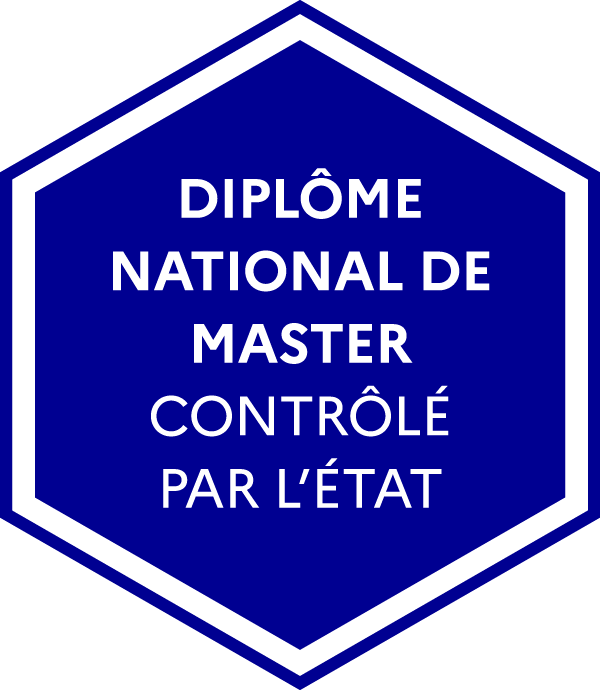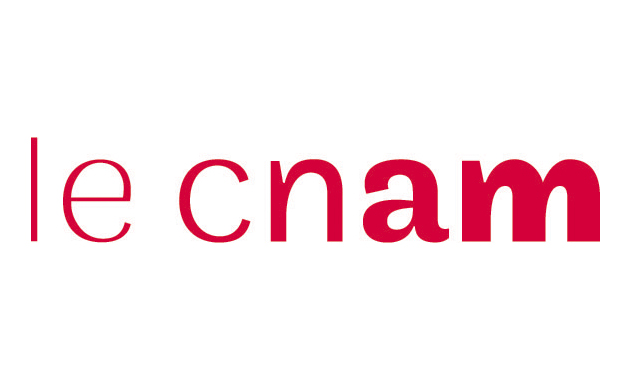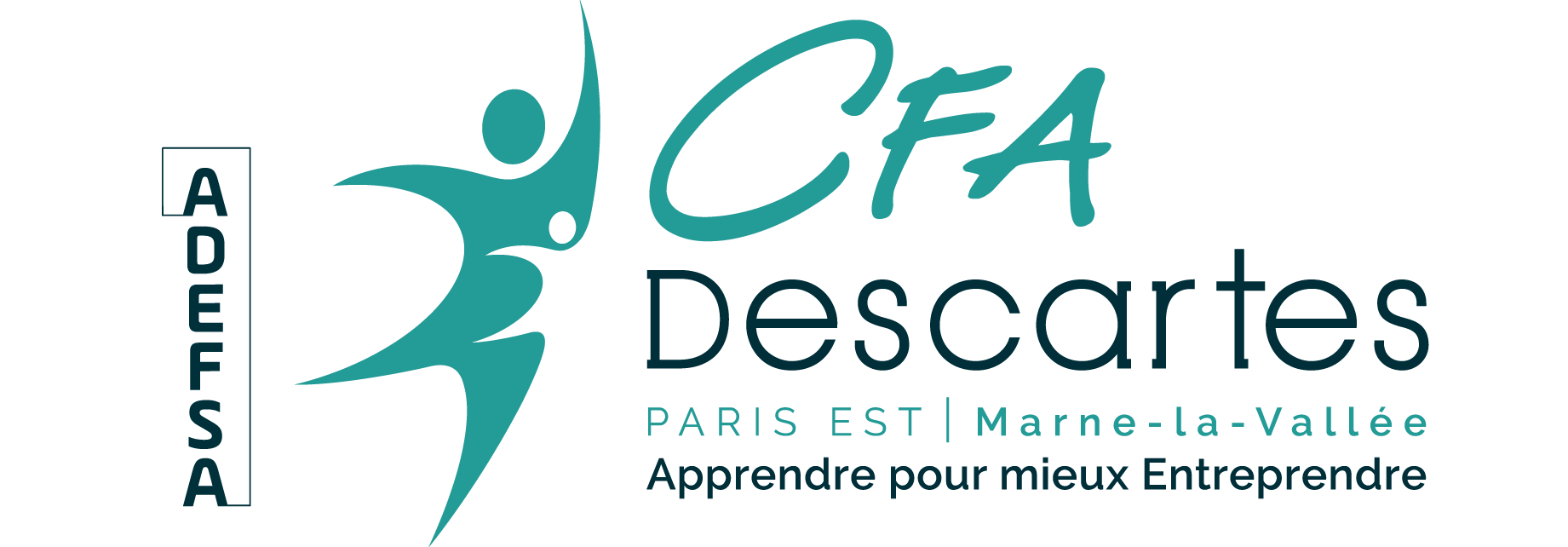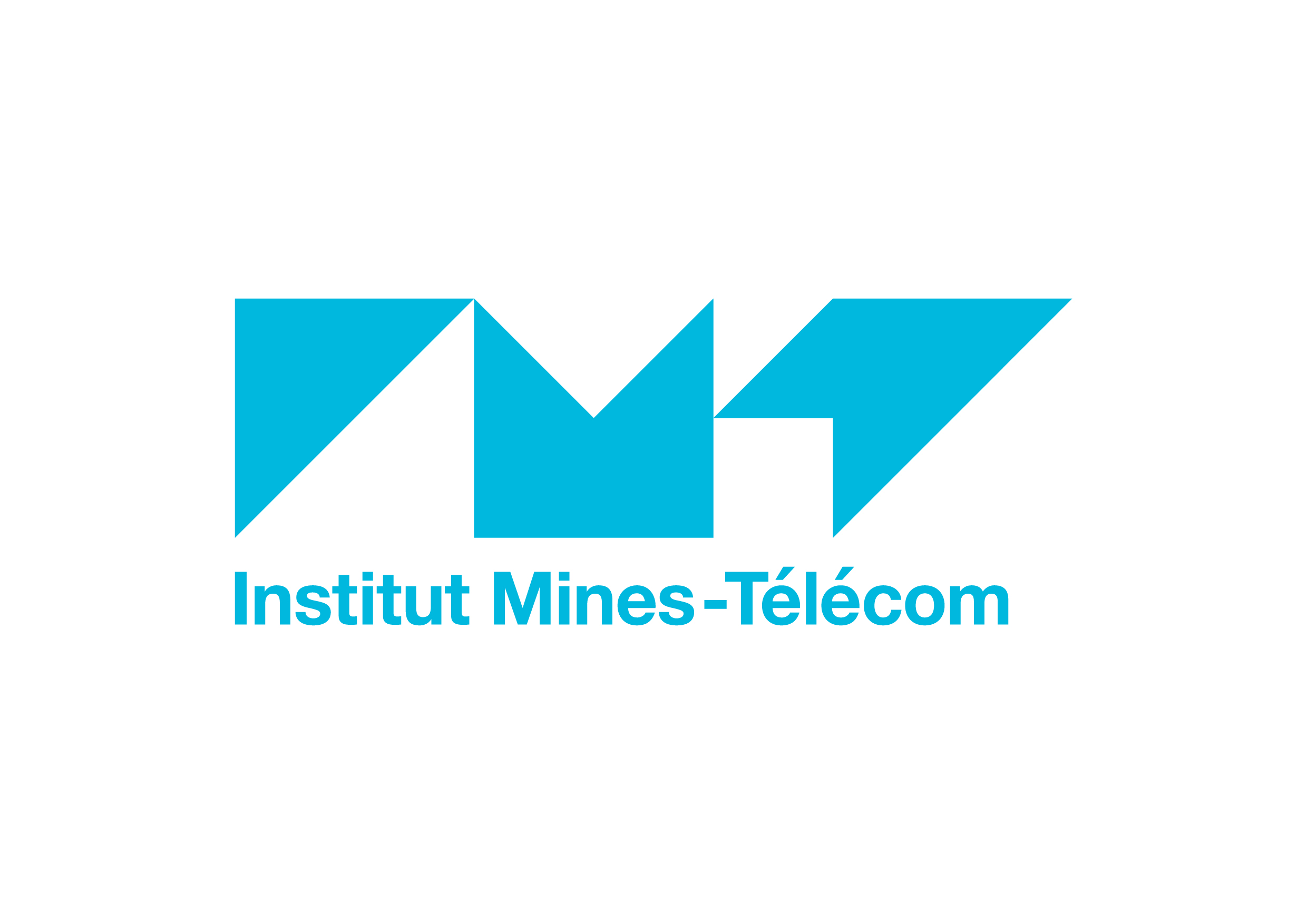Master's degree Electronics, electrical energy and automation


Entry requirements
For M1, a high school diploma plus three years of higher education in science. For M2, a high school diploma plus four years of higher education in science.
Recruitment on the basis of application.
Benefits of the program
The course has the advantage of combining units generally provided in different specialisations (electronics, physics, signal processing, computer science, networks). The content of the M1 units is broad enough to allow students to choose between three different M2 programmes.
Acquired skills
The objective of the Master’s is to provide solid skills in the scientific and technical subjects required for understanding electronic systems.
International
Students can complete their internship abroad and access support from the university’s International Relations Department. Students also have the possibility to study abroad during M2, within the framework of an agreement that establishes the equivalence between teaching units. Such agreements are established with the programme coordinator and the university’s International Relations Department.
Capacities
30
Course venue
Your future career
Students can choose between three programmes for M2 - Master’s in Electronics, Electrical Energy and Automation:
- Microsystems and Communicating Sensors
- Communicating Systems in Complex Environments
- Technologies and Telecommunications Networks
Professional opportunities are broad and depend on the student’s specialisation: research engineer, developer of telecom products or embedded systems, systems integrator, test and validation engineer, research engineer, project manager in a company, researcher, faculty member.
Students may also pursue a PhD at the doctoral school of Université Gustave Eiffel.
Professional integration
Professional opportunities are broad and depend on the student’s specialisation: research engineer, developer of telecom products or embedded systems, systems integrator, test and validation engineer, research engineer, project manager in a company, researcher, faculty member. Students may also pursue a PhD at the doctoral school of Université Gustave Eiffel. Graduates can work in the public and private research and development sectors, as well as in teaching and research at universities or schools.
Study objectives
The objective of M1 is to provide solid skills in scientific and technical subjects (electronics, physics, signal processing, computer science and networking) required for understanding electronic systems. Students can then choose between three programmes for M2 - Master’s in Electronics, Electrical Energy and Automation:
- Microsystems and Communicating Sensors
- Communicating Systems in Complex Environments
- Technologies and Telecommunications Networks
Major thematics of study
Analogue and digital electronics, semiconductor physics, signal processing, computer science, networks, radiocommunications, digital communications, project management, English.
Calendar
From October to mid-June, there are theoretical and practical classes, followed by an optional work placement of two months maximum.
Back-to-school date
09-09-2024
Semester 1
| Courses | ECTS | CM | TD | TP |
|---|---|---|---|---|
|
Mathématiques appliquées
Mathematics: Principal methods of numerical solving and related implementation difficulties. Complements of linear algebra. Numerical methods of solving a linear system and finding the proper elements of a matrix. Approximation (least square) and interpolation methods. | 3 | 12h | 12h | |
|
Calcul scientifique - logiciels
The objective is to provide skills using numerical and symbolic computation software useful for other courses in particular electronics, circuits, electromagnetism and signal processing. These supplements will be illustrated with scientific computation softwares such as MATLAB, JULIA and MAXIMA. | 1 | 12h | ||
|
Traitement du Signal
Signal processing: random signals, perturbations and methods to handle them. | 6 | 20h | 18h | 9h |
|
Electromagnétisme et propagation
Strengthen knowledge in electromagnetism to approach free and guided propagation as well as the perturbations encountered in communication systems | 4 | 18h | 18h | |
|
Mesures et Capteurs
Measurements and sensors : problematic of measurement achievement and interpretation. Physical principles, metrological characteristics, implementation of different types of sensors. | 6 | 22h | 24h | |
|
Dispositifs à semiconducteurs
Study and understand the behavior of elementary semiconductor components. In a first part, the homo-junctions, such as the PN diode and the bipolar transistor, and their representative characteristics will be studied. In a second part, the components such as the Schottky diodes and the MOSFET transistor will be studied. | 4 | 16h | 16h | |
|
Électronique analogique
Bring knowledge of the components and tools to achieve an analog transceiver chain: analog modulations and demodulations; Voltage Controlled Oscillators (VCO); Phase locked loop (PLL); Frequency synthesizers. | 4 | 14h | 14h | 9h |
|
Filtres analogiques
Provide students an introduction to electrical signal filtering techniques. The focus will be on the synthesis and realization of filters using analog technique. | 2 | 6h | 8h | 3h |
|
Développement durable
Cette unité d’enseignement porte sur des aspects du développement durable relatifs aux compétences requises pour de futurs ingénieurs en électronique. Le recours à deux ateliers d’intelligence collective permet de susciter une réflexion et un engagement personnel des étudiants. Les enseignements en ligne sont basés sur des ressources développées (articles ou vidéos) et mises à disposition par des organismes reconnus (notamment UVED et ADEME), et sont ponctués de petits tests permettant de s’assurer que les notions principales ont été assimilées. | 2h | 9h |
Semester 2
| Courses | ECTS | CM | TD | TP |
|---|---|---|---|---|
|
Électronique numérique
The objective of this course is to familiarise the students with different technologies and logic families in digital electronics. For this purpose, the particular aspects of digital electronics compared to analog electronics and their common basis are highlighted. Important parameters for evaluating the quality of a digital integrated circuit are presented. The most common logic families (TTL, NMOS, CMOS) in bipolar and field-effect technologies are studied through an inverter. The advantages and disadvantages of each family are underlined. The basic logic functions are modelled by introducing simple circuits with lumped elements. The operation of basic logic gates as well as some more complex systems are studied. | 3 | 8h | 8h | 6h |
|
Introduction aux antennes
Give the main characteristics of antennas from the study of the properties of the elementary dipole. Antenna radiation pattern, gain, directivity, input impedance, radiation characteristics, radiation resistance, radiation efficiency. Antenna arrays. Examples of applications. | 2 | 6h | 6h | |
|
Théorie des lignes de transmission
Provide students different methods of calculation (analytical and graphical) for the impedance matching of transmission lines in power and reflection. Use the Smith chart. Characterization of microwave circuits: the scattering matrix [S]. | 2 | 8h | 10h | |
|
Mesures hyperfréquences
Major challenges in the choice of fundamental measurement devices for RF signal analysis: network analyzer, spectrum analyzer, digital oscilloscope. | 4 | 15h | ||
|
Communications radiofréquences
RF communications (fixed and mobile telecommunication systems, propagation, antennas) | 3 | 10h | 12h | |
|
Communications numériques
Basics of processing in a digital transmission chain: channel coding / decoding, ASK, PSF and FSK digital modulation / demodulation, transmission / reception chain and characteristics of the different elements, time and frequency characteristics of the signals, filtering. Labs performed under Matlab / Simulink. | 1 | 3h | 6h | |
|
Informatique
Learn the basics of C programming. In the first part, the basics of C programming will be discussed. In particular, memory management will be detailed. An introduction to object-oriented programming will then be the subject of the second part. The notions of classes, inheritance and polymorphism will be studied. | 4 | 12h | 16h | |
|
Architecture des réseaux
Local networks, introduction to cellular networks. Layered model, protocols and services, introduction to IP, the layer (IP) in the OSI model. Presentation of the IP packet and the various fields and components. Characteristic of the TCP / IP model and the specificity of TCP and UDP protocols. | 2 | 8h | 8h | |
|
Anglais
Conversation, reading of technical texts | 3 | 30h | ||
|
Projet - gestion de projet
Structuring, ensuring and optimizing the smooth running of a project | 6 | 7h | 6h | 4h |
|
Stage
| 0.5 |
RICHALOT-TAISNE Elodie (M1-M2)
TAKHEDMIT Hakim (M1)
SPAENS Julia (M1-M2)
Partners




